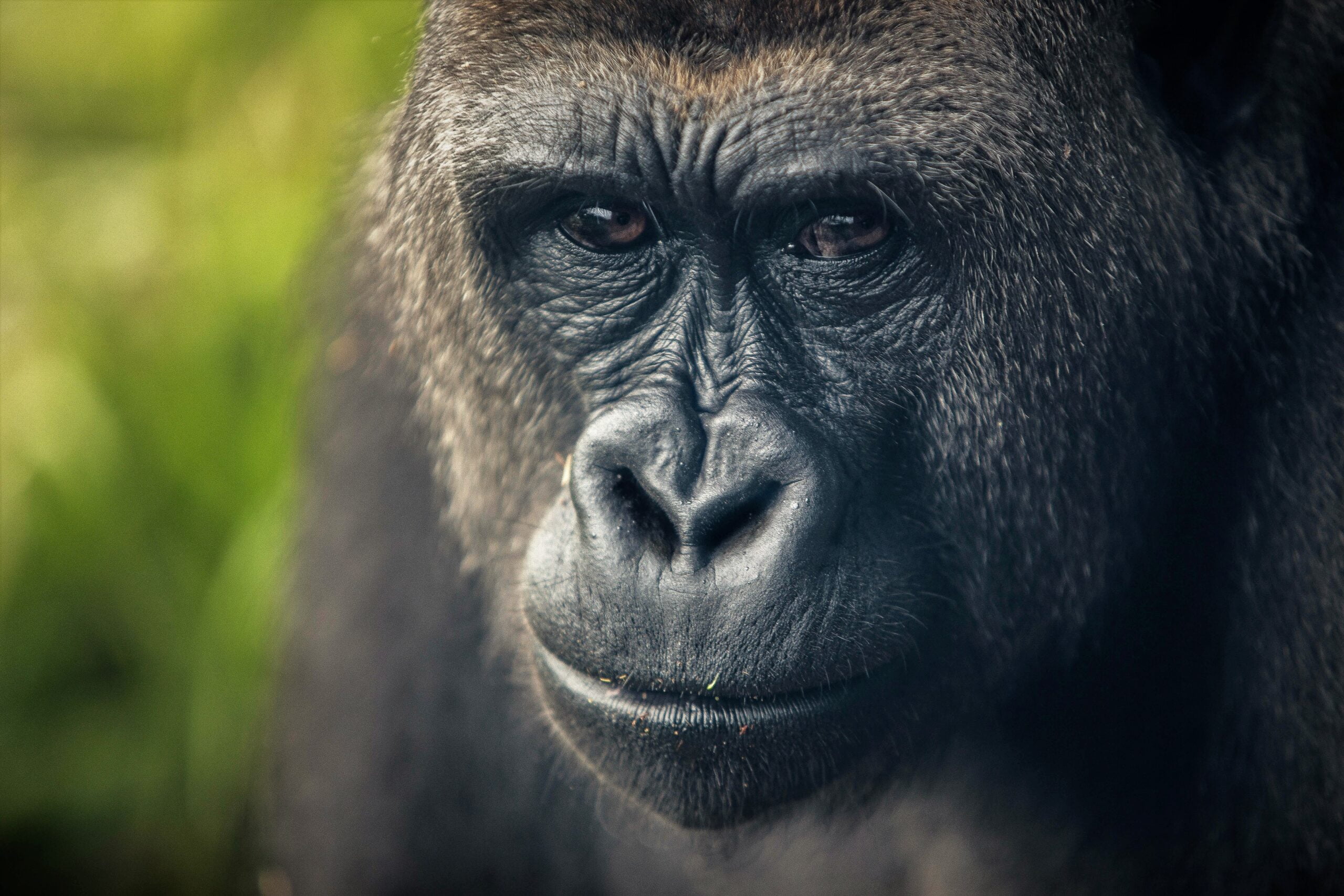UK Zoos Gear Up for Newly Introduced Standards
Wild Welfare, an international animal welfare charity dedicated to improving the lives of captive wild animals globally, has welcomed the forthcoming implementation of the UK’s revised “Standards of Modern Zoo Practice for Great Britain.” DEFRA (The Department for Environment, Food and Rural Affairs) and the Zoo Expert Committee (ZEC), which advisies DEFRA, compiled the comprehensive document during an extensive consultation period, during which Wild Welfare provided detailed expert input. The new standards are hoped to bring about even higher welfare outcomes across zoological facilities within the UK.
The revised Standards, which will supersede the 2012 version, is an important step towards implementing even better welfare standards for the wildlife under human care within the UK. Wild Welfare’s involvement in this positive shift, as well as its response to the Animal Welfare (Sentience) Bill (2022), is a great reflection of the organisation’s commitment to steering positive policy changes that will result in tangible welfare gains for captive wildlife.
Wild Welfare is a leading animal welfare charity, specialising in elevating the welfare and care of captive wild animals in zoos, aquariums, and sanctuaries worldwide. The charity has a rich history of advising governments on enhancing animal welfare legislations while collaborating directly with the zoo, aquarium and sanctuary communities and associations to support improvements to their own welfare standards and evaluations processes, enabling animal care staff to implement sustainable changes.
The organisation has been pleased by the apparent progressive and forward thinking nature of the new document. One of the many amendments includes the necessity of frequent checking of light and temperature gradients on which facilities must report and monitor, with the aim of allowing animals such as reptiles to have choice and control over temperature regulation. This amongst many other updates have been very well received by the welfare organisation.
Wild Welfare also complimented the new requirements for zoos and aquariums to document naturally-occurring behaviors in animals related to food acquisition, such as foraging. This is important in the context of ensuring the dietary and behavioral requirements of each animal is being met over their entire lifespan.
Building upon their extensive experience in elephant care around the globe, Wild Welfare also proposed and supported a substantial increase in the requirements for elephants, both indoor and outdoor. The provision of consistent pool access was also initially advised, along with the use of appropriate foods and feeding apparatus to facilitate natural foraging behaviours over a 24-hour period, including above head height to promote musculoskeletal health. Daily monitoring and recording of all behaviours, crucially including sleep patterns, were also recommended and included within the new guidelines.
“Wild Welfare is an organisation rooted in collaboration and partnerships, so we are very glad to see the inclusion of larger zoos and animal facilities being actively encouraged to support smaller institutions in achieving robust scientific research outputs.” explained the organisation’s Director, Simon March. “To help mitigate against poor welfare we were encouraged to see that post mortem and mortality reports are included to ensure our decision making is evidence-led. We would have liked to see behavioural assessments for all species of animal, and not just as a reactive response to the exhibition of abnormal behaviours, although it is of course important to also address any abnormal behaviours as a priority.” Simon went on to explain.
Wild Welfare acknowledges the proposed two-year transitional phase to allow for the implementation of changes and the necessary training of inspectors and Local Authorities to ensure compliance. The changes in the new standards reflect many of the challenges and barriers we see around the world where zoos, aquariums and sanctuaries are not always providing good welfare outcomes for the animals in their care. For example, allowing 24-hour access to on show and off show areas which facilitates the animals having choice and control over their lives, and encouraging opportunities to exhibit natural behaviour is a positive move.
“Wild Welfare’s core mission is to see a world where every captive wild animal is able to thrive and live a good life. Their welfare should not be dependent on whether they are visible to the public or not, so it is heartening to see the inclusion of on show and off show space needs to meet the behavioural and environmental needs of the animals over a 24-hour period and for the whole life of the animal” Simon concluded.
Although the new standards may not be perfect and there is still much work to be done to ensure they are properly implemented and enforced, this announcement represents a historic milestone for zoo and aquarium animal welfare in the UK.
Wild Welfare are proud to have played a role in advancing these regulations to improve the lives for animals under human care within British zoos and aquariums.
ENDS
Wild Welfare is devoted to improving the welfare of captive animals across the world. You can support our efforts by sharing this article, signing up to our newsletter, following our social media accounts (Facebook and Instagram), or by making an online donation. Every small contribution can help us to develop our vital accessible animal resources. Thank you.
Notes to Editors
For more information or interview requests please contact Wild Welfare on communications@wildwelfare.org
Wild Welfare is a global organisation committed to improving animal welfare for captive wild animals. By uniting the world’s leading zoos, zoo associations and animal welfare organisations, we build trusting partnerships that help provide long-term solutions to critical wild animal welfare issues.
Our vision is to end the suffering of captive wild animals around the world and ensure full and sustainable protection is given to all animals in human care. Find out more at wildwelfare.org. Registered charity in England (no.1165941).





